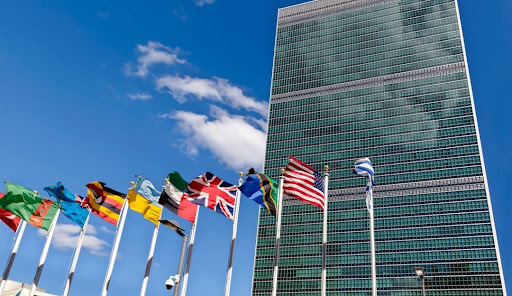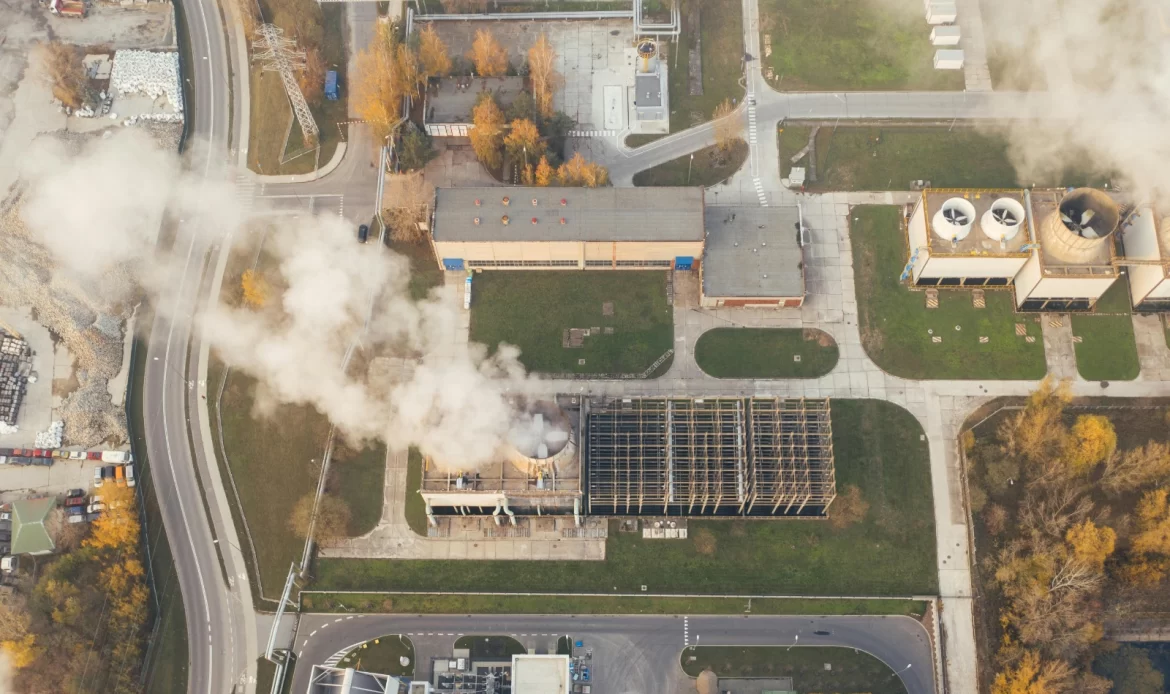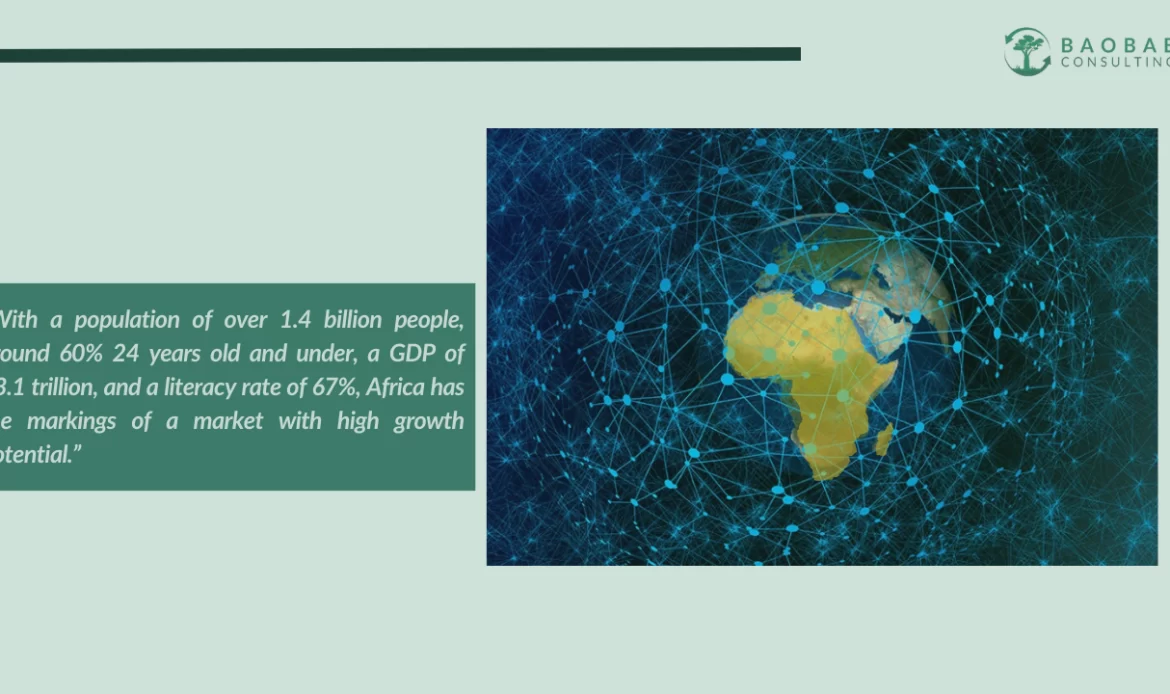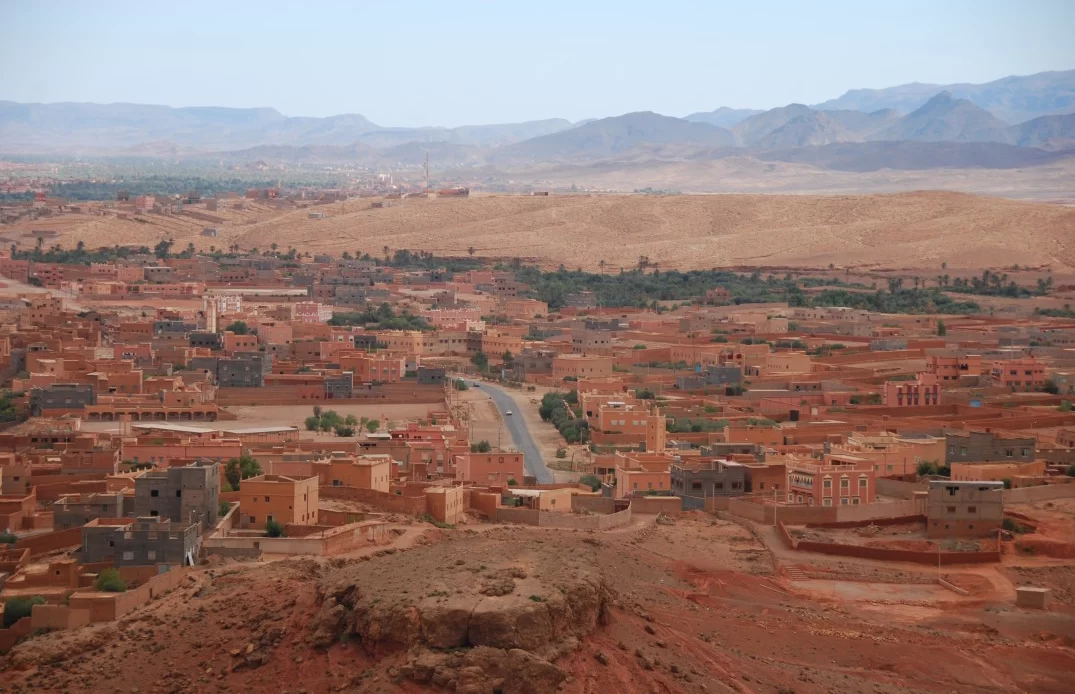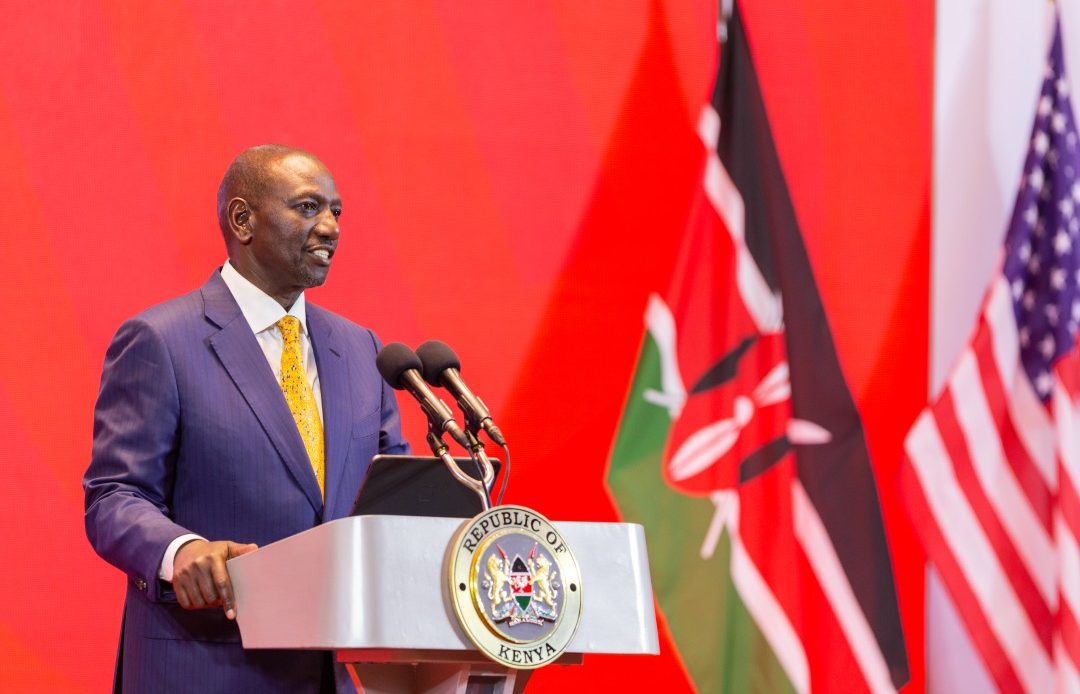Streamlining Public Support to SMEs in Senegal
Public sector support for small and medium enterprises (SMEs) is crucial for inclusive economic growth and development. Streamlining governmental efforts, as seen in Senegal, is especially vital for building an effective strategy that best serves homegrown enterprises.
Following a ministerial cabinet meeting on July 15th, President Macky Sall instructed the Government to evaluate and pool financial and technical instruments that provide public support to SMEs. One week later, the Secretary General of the Presidency led an inter-ministerial meeting to evaluate government intervention instruments. This in-depth case study looks at Senegal’s pro-entrepreneur public policies and provides recommendations to decision makers.
Government Instruments
Senegal has been prioritizing governmental support for the private sector since 2012. The government instituted a plan, designed as part of the Yoonu Yookuté program, aiming to provide technical and financial support to entrepreneurs as well as collateral to help them get loans from financial institutions. In conjunction with this process, a few public institutions in charge of SME support created by Macky Sall’s predecessor were dissolved.
This mechanism was revised in 2018 with the introduction of the Youth and Women Rapid Entrepreneurship Office (DER). To date, nearly twenty public organizations support Senegal SMEs. (See image)
Several attempts have been made to streamline public intervention aimed at entrepreneurs. In 2014, agencies such as FNPJ (National Youth Fund) and ANAMA (National Agency in charge of Street Vendor Support) were dissolved. ADEPME (SME Support and Development Agency) and ANPEJ (Youth Employment National Agency) partnered in July 2016 in an effort to rationalize their interventions. In September 2017, Senegal President announced an institutional reorganization of public support as well as the creation of DER. In February 2020, DER signed a Memorandum of Understanding with PRODAC (Community Farm Program), ANPEJ and ADEPME in order to harmonize intervention at the public level. In July 2020, the President kicked off the evaluation of public instruments in an effort to mutualize SME services.
Launch of DER
The Women and Youth Office of Rapid Entrepreneurship is leading Senegal’s public efforts in support of entrepreneurship, thanks to its growing network of financial and international partners as well as public institutions. Announced in September 2017 and launched in March 2018, DER has had a disruptive effect on Senegal’s entrepreneurship ecosystem. Created to rationalize public SME programs, its initial budget of $54 million along with its status as a Presidential Office allowed DER to quickly become the main instrument of public support towards Senegalese Entrepreneurs. DER’s role is in line with its harmonization mission outlined in the Priority Action Plan II of PSE (Senegal Emerging Plan).
COVID-19 Support for Entrepreneurs
Several fiscal and customs policies were enacted in response to the pandemic. The Government has also implemented a $360 million loan program for distressed SMEs in partnership with banks, as well as an employment-protection loan deposited in microfinance institutions. Both credit lines are partially guaranteed by FONGIP (Public Guarantee Fund for Priority Investments).
DER has suspended refunds for its programs during the pandemic and allocated a $3.6 million relief fund for its loan recipients. DER has also reserved $1.8 million for vulnerable entrepreneurs.
Special attention was given to the tourism sector by the Government’s Economic and Social Resilience Program (PRES) through an $18 million low-interest loan in partnership with BNDE (National Bank of Economic Development). $540 million was also used to pay the debt owed to the privated.
The Industrial Challenge
There remains a lack of public instruments dedicated to small and medium industries support. Senegal Emerging Plan industrial vision is to develop a strong, diversified, inclusive and sustainable industry that is an engine of growth and job creation. Important projects such as the industrial parks of Diamnadio have been launched to promote Senegal’s industrialization. However, anticompetitive practices by local importers combined with high production costs hindered the industry’s growth and led to a progressive disinvestment since the 1970s (Mansoor, 2019).
This lack of support is evidence of insufficient industrial promotion. Still, the agri-food sector dominates Senegal’s industrial landscape and receives support from public institutions. DER has provided loans to Laiterie du Berger rural milk suppliers in an effort to strengthen Senegal’s dairy value chain. In 2019, DER along with FONSIS (Senegal Sovereign Fund) and SAED (Agriculture Land Development Office) pooled their resources to help establish DB food, a rice milling company in Senegal river valley.
Big Bet on Digital Economy
As a next step for supporting entrepreneurship in Senegal, I recommend deepening our existing commitment to tech entrepreneurs. Tech startups have received substantial support from DER via a $5.5 million commitment of the President through DER’s startup fund. Senegal is also leading the way in the continent with the enactment of the Startup Act in January 2020. The ICT National Board, which includes leading voices from the private sector, was launched in June 2020 and will play a key consultative role at the national level. Key infrastructure projects such as the Diamnadio Digital Technology Park and Mohammed Bin Zayed Entrepreneurship and Innovation Center will be finalized in 2021.
My recommendations are as follows:
- The government should coordinate with NGO efforts to support entrepreneurship. CTIC incubator played a major role in the ecosystem over the last decade. New entrants including the Mastercard Foundation and Afric’innov will strengthen the startup ecosystems.
- The fintech sector in Senegal deserves more attention from regulators and decision makers who should provide the adequate framework for startups evolving in this market. Senegal must also provide support to local champions such as Gainde 2000 and Intouch that have exported their expertise outside of the UEMOA zone.
- Mutualizing non-financial services under the guidance of DER will improve delivery of public services to entrepreneurs. Pooling of public financial and non-financial services has started since 2014. The creation of DER was a key milestone as the office has mobilized nearly $180 million in 2 years of which $72 million were provided by the African Development Bank in December 2019. Financial pooling is effective as DER centralizes most public funds aimed at entrepreneurs and disburses to other public institutions through partnership agreements. However, technical services are still provided by a myriad of public institutions.
Overall, existing institutions must coexist under the leadership of DER, which will become the entry point of Senegalese entrepreneurs to the public support system.

